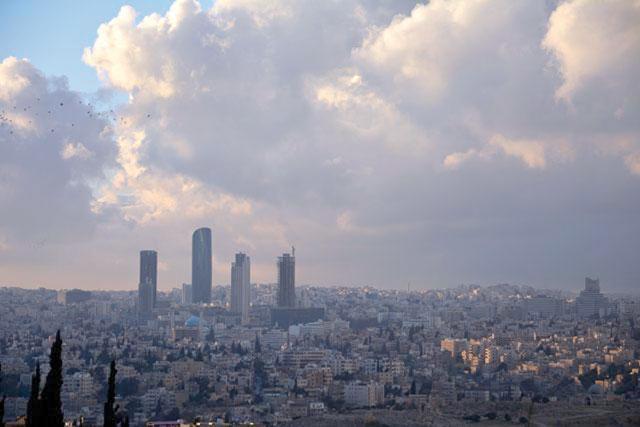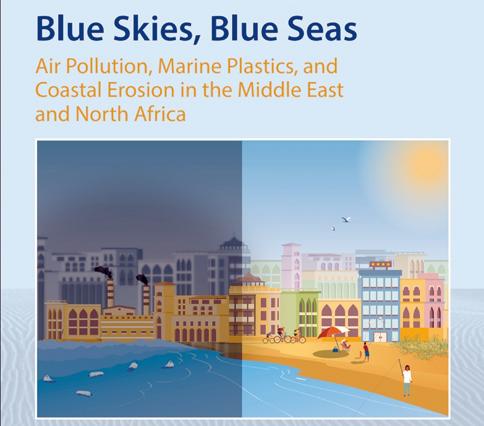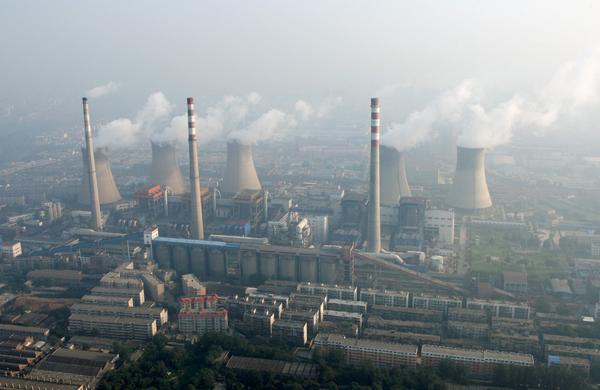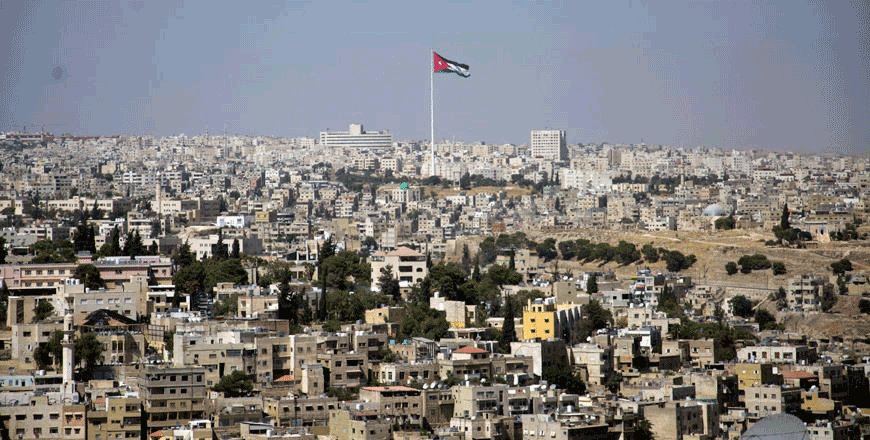You are here
Amman ranks fourth in NO2 air pollution in MENA — report
By Mays Ibrahim Mustafa - Dec 21,2021 - Last updated at Dec 21,2021

The capital Amman has witnessed an 81 per cent increase in the rates of nitrogen dioxide (NO2) air pollution in 2021, according to a report released by the Greenpeace MENA organisation (File photo)
AMMAN — The capital Amman has witnessed an 81 per cent increase in the rates of nitrogen dioxide (NO2) air pollution in 2021, according to a report released by the Greenpeace MENA organisation on Friday.
The Greenpeace MENA is an environmental organisation which explores environmental problems in the MENA region and offers solutions, according to its website.
The report showed that Amman has ranked fourth in NO2 pollution rates among the seven cities which were included in the study, while Cairo ranked first with a 16 per cent increase, in 2021.
Due to the lockdown imposed by the government during the pandemic, the NO2 pollution rates in Amman decreased 40 per cent in 2020, according to the report, which is titled “NO2 Pollution Rates Return to How they were before COVID-19 in Cities within the Middle East and North Africa”.
The report’s recommendations stated that “there’s an urgent need to eliminate NO2 air pollution in populated areas to protect people’s health”.
“That requires making adjustments and setting up standards for pollutant emissions, while making sure that polluting industries abide by them,” it added.
The report recommended that trusted data resulting from long-term air pollution monitoring, in the Middle East and North Africa, must be made available to help in improving the quality of air and managing pollution.
It also pointed out that “clean technologies, available today, can replace pollutant fuels combustion, such as coal, oil, and gas”.
That is because the cost of these technologies has witnessed a continuing decrease over the years, according to the report.
“The cost of renewable energy generation, in terms of facilities, has enormously decreased during the last decade [the cost of wind power has witnessed a 50 per cent decrease],” the report stated.
It also noted that “there’s a strong relationship between strict lockdowns and NO2 pollution rates”.
“The changes in societal practices, such as the decrease in traffic and economic activity” might have played a role in the decrease of NO2 levels in the air, according to the report.
The risks of air pollution and its repercussions on societies were also pointed out in the report.
“In the year 2019, air pollution ranked fourth as a major threat factor in globally recorded early death cases, which reached 6,670,000 during the year 2020, according to the Health Effects Institute (HEI),” the report stated.
The HEI is an independent nonprofit organisation in Boston, Massachusetts, which provides research on air pollutants health effects, according to its website.
The report added that “a recent study estimated that the number of early death cases caused by fossil coal combustion reached 8,700,000 a year.”
It also noted that the large number of recorded yearly deaths around the world as a result of the pollution caused by fossil fuel combustion “alone” indicates “the prohibitive economic costs of air pollution on health and on society”.
Related Articles
AMMAN — The Middle East and North Africa (MENA) are among the world’s most polluted countries, yet if a green economy policy is adopte
BEIJING — The increase in people dying in India from air pollution will outpace the rate of such deaths in China, as India drags its heels o
AMMAN — Jordan was ranked 93rd globally and 5th out of 14 countries in the Middle East and North Africa (MENA) region on the 2023 Index of E














